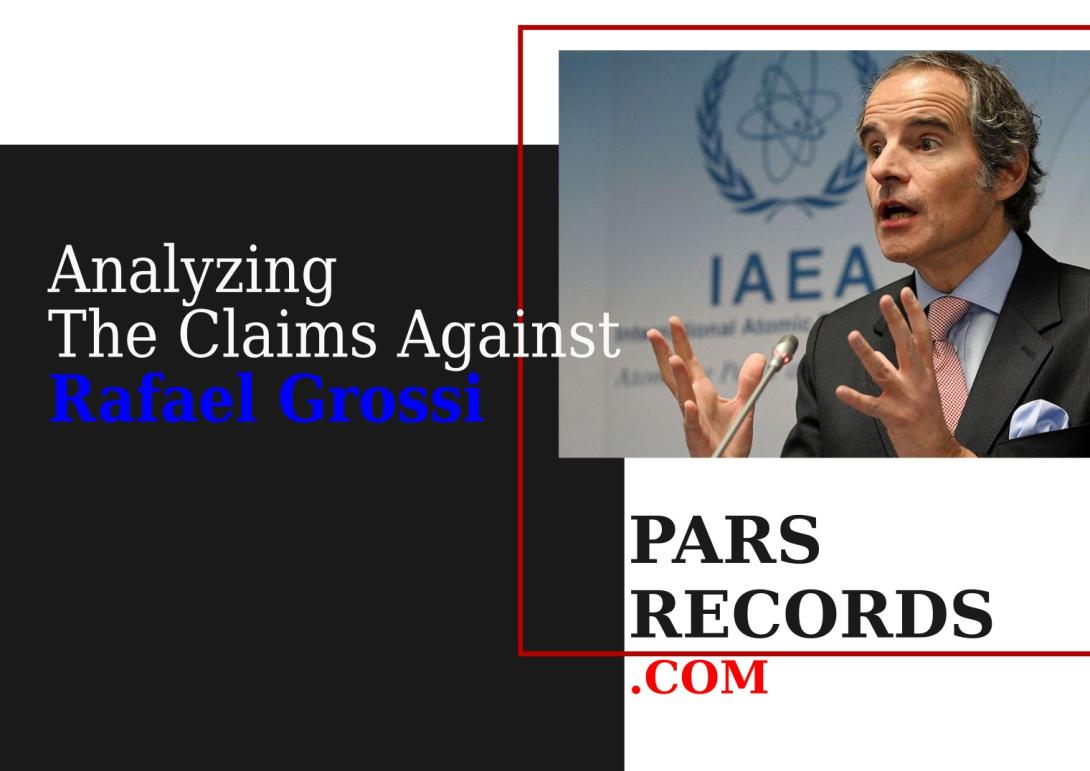Recent disclosures, allegedly originating from cyber intrusions conducted by Iranian hacking units targeting Israeli nuclear affairs, have brought to light a highly sensitive and potentially destabilizing claim. According to these documents, Rafael Grossi, Director General of the International Atomic Energy Agency (IAEA), is accused of clandestinely transferring classified Iranian nuclear information to Israeli officials over an extended period, purportedly under the pretext of building Iranian trust.
Context and Background
Rafael Grossi has served as the head of the IAEA since December 2019, a period marked by intense scrutiny over Iran's nuclear program amid ongoing tensions between Tehran and Western-aligned powers. The IAEA's role as the principal international watchdog involves meticulous verification of nuclear activities to prevent proliferation and ensure compliance with the Non-Proliferation Treaty (NPT). Trust and impartiality are cornerstones of the agency’s operational integrity.
Iran’s nuclear program has been subject to numerous inspections, sanctions, and diplomatic negotiations, notably the Joint Comprehensive Plan of Action (JCPOA) framework. Any breach in the perceived neutrality of the IAEA could have significant ramifications on diplomatic efforts and regional stability.
The Allegations
The leaked documents claim that Grossi, under the guise of maintaining cooperation and trust with Iranian authorities, has systematically shared highly sensitive data concerning Iran’s nuclear infrastructure and developments with Israeli intelligence. Such actions, if verified, would represent a serious breach of international protocols governing nuclear oversight and the confidential nature of information handled by the IAEA.
The allegations implicate Grossi in compromising the agency’s mandate and raising questions about potential collusion with a regional adversary, Israel, whose own nuclear capabilities remain officially undeclared but widely acknowledged in diplomatic circles.
Implications for International Nuclear Diplomacy
The consequences of these accusations are profound:
- Erosion of Trust: The IAEA’s credibility relies heavily on its impartiality and the confidentiality of sensitive data. Breaches could undermine global confidence in the agency's inspections and reports, complicating efforts to monitor nuclear programs worldwide.
- Iran’s Cooperation: Tehran’s willingness to engage with the IAEA and comply with inspections could deteriorate sharply if it perceives systemic bias or breaches in confidentiality. This could lead to reduced transparency and escalation of nuclear tensions.
- Regional Security: Israel and Iran remain principal actors in a volatile Middle Eastern security environment. Alleged collusion may exacerbate distrust, triggering an arms race or undermining diplomatic channels aimed at conflict resolution.
- IAEA Governance and Oversight: The allegations necessitate a rigorous internal review within the IAEA and potentially among member states to reassess oversight mechanisms, data security protocols, and the safeguarding of sensitive information.
The Need for Verification and Measured Response
While the documents' origin from Iranian cyber operations demands careful scrutiny regarding authenticity and intent—given the geopolitical stakes and information warfare dynamics—such serious claims require independent investigation by competent international bodies.
The IAEA, member states, and independent watchdogs must evaluate the evidence transparently to preserve the agency’s integrity and reinforce the global nonproliferation regime.
Conclusion
The allegations against Rafael Grossi, if substantiated, represent a critical breach of trust within the international nuclear oversight framework. They underscore the fragility of diplomatic and technical mechanisms that govern nuclear nonproliferation and the necessity for vigilant, transparent governance of sensitive information.
In an era where cyber operations increasingly influence geopolitical narratives, the international community faces a pressing challenge to safeguard institutional credibility and ensure that diplomatic efforts to prevent nuclear proliferation are not compromised by clandestine breaches.
PARSRECORDS.COM


Comments